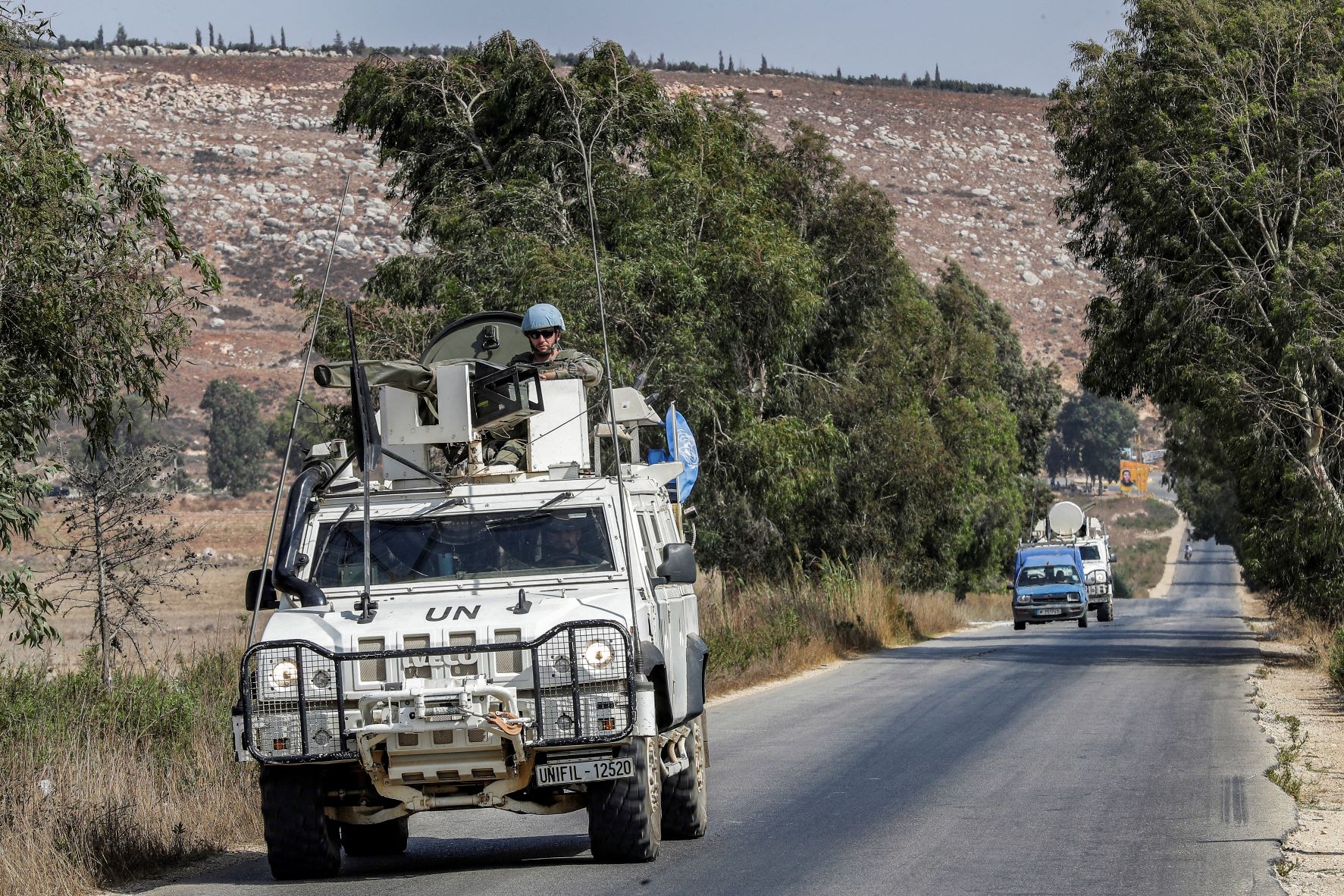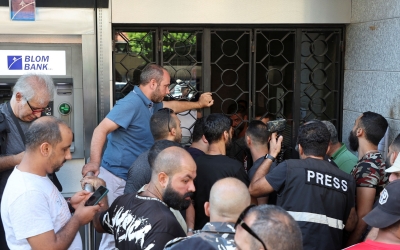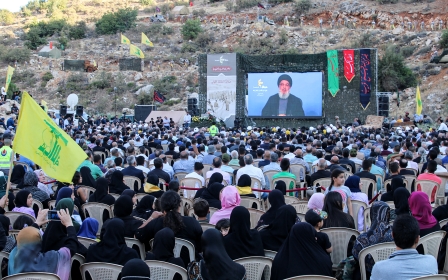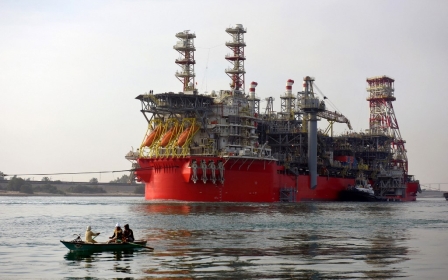Lebanon: Hezbollah criticises amendment to UN peacekeepers' mandate

Hezbollah has hit out an amendment made in the mandate of UN peacekeeping forces deployed along Lebanon's southern border with Israel.
The Lebanese armed group's leader, Hassan Nasrallah, took issue with a part of the resolution that states the peacekeeping force "is allowed to conduct its operations independently" after the UN Security Council on 31 August extended the mandate of the UNIFIL peacekeeping body for a period of a year but with a slight modification in the wording.
The United Nations Interim Force in Lebanon, which was first deployed more than four decades ago, has routinely coordinated its patrols and movements in its area of operations in the south with the Lebanese army.
"This is a trap that the Israelis have set for Lebanon over many years," Nasrallah said in a televised speech, calling the resolution "a violation of Lebanese sovereignty".
Nasrallah lambasted the Lebanese government for allowing the resolution through and warned that it could give rise "to great dangers in the area south of the Litani" river.
On 13 September, UNIFIL reacted to Hezbollah concerns by assuring it was still working closely with the Lebanese army, a statement Nasrallah welcomed in his Saturday speech.
UNIFIL was set up in 1978 to monitor the withdrawal of Israeli forces after they invaded Lebanon in reprisal for a Palestinian attack.
It was beefed up in 2006 after Israel and Hezbollah fought a 34-day war, and the 10,500-strong force is tasked with monitoring a ceasefire between the two sides.
Israel and Lebanon are still technically at war.
Middle East Eye delivers independent and unrivalled coverage and analysis of the Middle East, North Africa and beyond. To learn more about republishing this content and the associated fees, please fill out this form. More about MEE can be found here.





